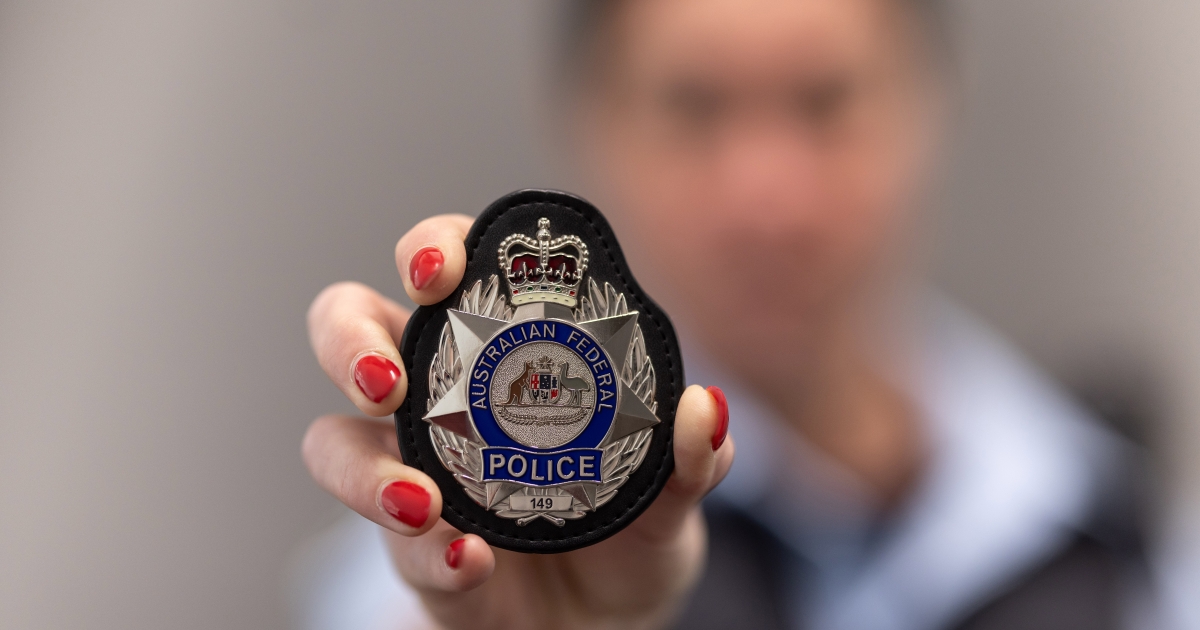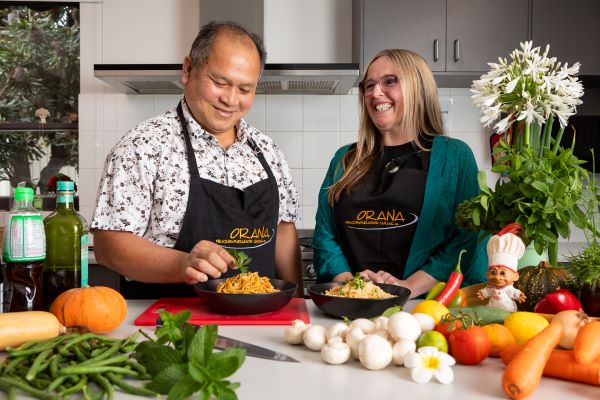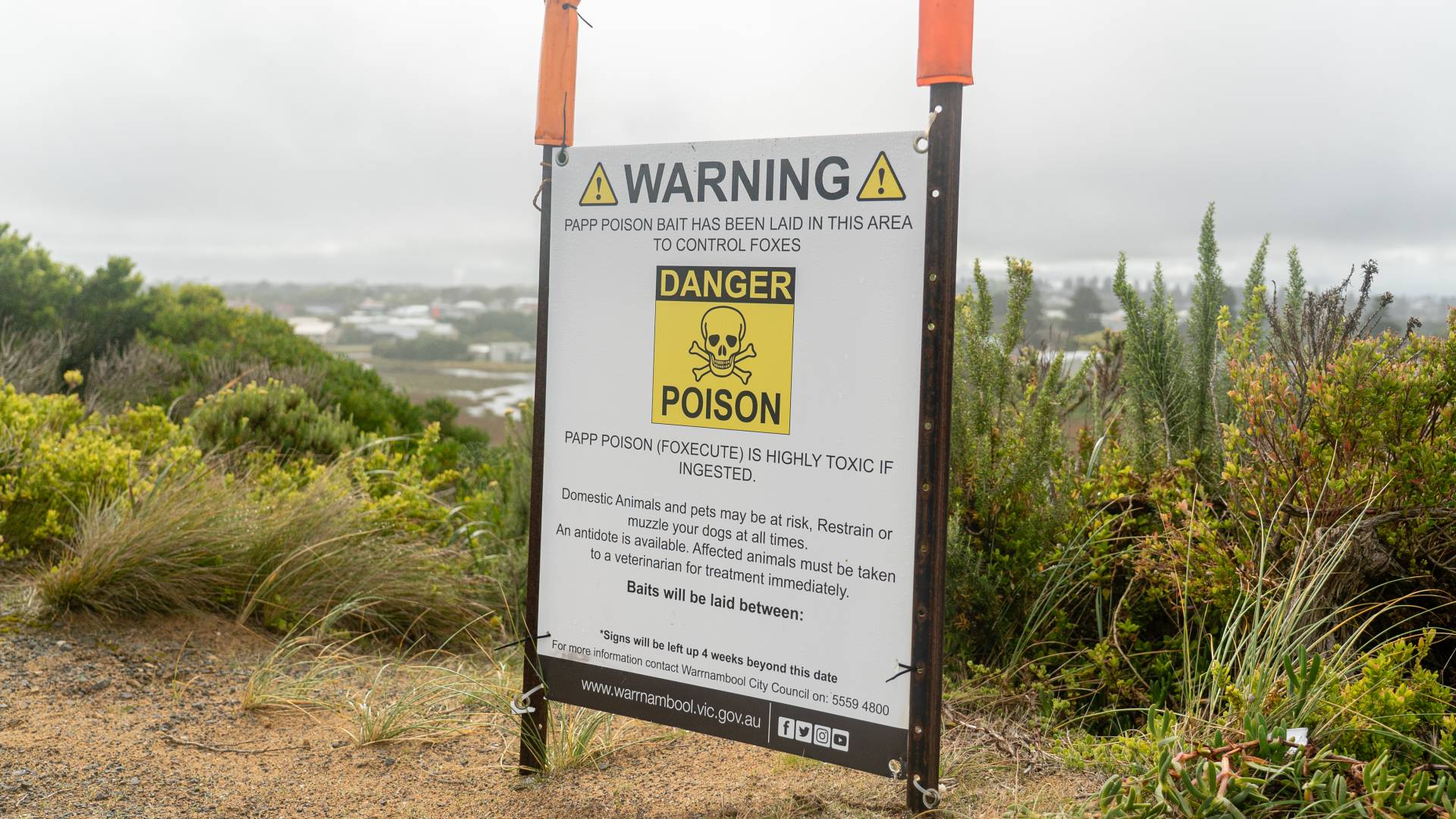Woolworths Group is backing a new Australian plastic recycling startup using cutting-edge science to reduce the need for new plastic to be produced.
Created in partnership with researchers at Australian National University (ANU) and CSIRO-founded Main Sequence, Samsara aims to revolutionise how packaging on everyday groceries is made and recycled to deliver big benefits for the environment.
Samsara’s enzyme technology has been developed by ANU scientists to break down used plastic into its basic building blocks, so it can be recycled time and time again. The ambition is to replace the need for new plastic with an infinite recycling loop.
Unlike traditional recycling, which generally uses physical methods to shred and melt plastics together for reuse, Samsara’s enzymes chemically break down plastic and can return coloured plastic to clear so it can be used in any product.
Woolworths Group is helping Samsara bring the potential of infinite recycling to life – and to its supermarkets – working together to trial the new technology in its own packaging.
Woolworths Group has committed to turn the first 5,000 tonnes of recycled Samsara plastic into packaging for its own brand products – avoiding new plastic being made and recycling plastic equivalent to the weight of almost nine A380 aircraft.
Starting with packaging like the containers used for its own brand mini tomatoes, Woolworths Group will work with Samsara to take its technology from the lab to its supermarkets, with the first Samsara packaging expected to hit Woolworths shelves in the next two years.
Woolworths Group CEO, Brad Banducci said: “We know plastics and recycling are some of our customers’ top environmental concerns. We want to help build a future where the plastic they put in their shopping basket is treated like a resource, which can be used over and over again.
“That’s why we’re partnering with leading Australian scientists to create a better tomorrow by co-founding Samsara and turning used plastic into new again, so there’s no need to make more.
“We want to be part of the solution and to use Australian innovation to make our products better for the planet. We’ll also be helping other retailers and our supplier brands to do the same.
“We’ll continue to work hard to reduce plastic packaging, but where we can’t cut it out altogether, we can use Samsara to make products plastic neutral – 100 per cent recycled, and 100 per cent recyclable.”
Samsara CEO Paul Riley said: “Samsara is a major breakthrough because we’re able to make plastic infinitely recyclable.
“This means we will never have to create new plastic from scratch using fossil fuels again, and we can save plastic from our oceans and landfill to give it a new life in new products.
“We’re excited to bring together Australian science and Australia’s largest retailer Woolworths to create greener packaging in supermarkets across the country and create a closed loop for plastic.”
Assistant Minister for Waste Reduction, Trevor Evans said: “This exciting initiative will help Australia on its path to becoming a truly circular economy where products and packaging that are no longer useful or required for their original purpose, are either reused, remanufactured or recycled for use in another product or process.
“Innovation like this can play an important role in assisting Australian industry to meet the industry-led National Packaging Target of having 50 per cent average recycled content in our packaging by 2025.
“I hope that Samsara will drive increased demand and end-markets for the recyclable materials collected in Australia as we move to treating our waste as a resource. I congratulate Woolworths on helping bring this sustainable enterprise to the Australian market.”
Samsara’s enzymes are currently being used on the small scale at ANU’s lab, with plans to establish the first commercial recycling plant in the next two years. The plant is expected to employ around 50 people and deliver the first 5,000 tonnes of recycled material for Woolworths packaging.
Woolworths Group is continuing to reduce plastic, removing 2,500 tonnes of plastic packaging from circulation over 12 months, in addition to the thousands of tonnes removed from its own brand packaging in recent years.








